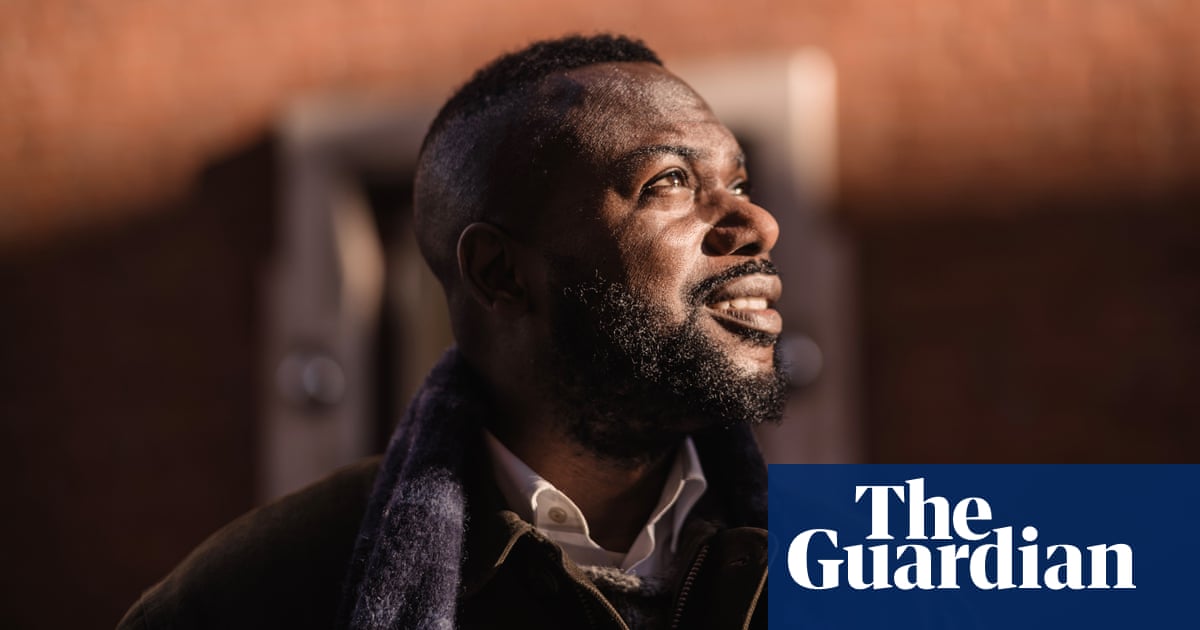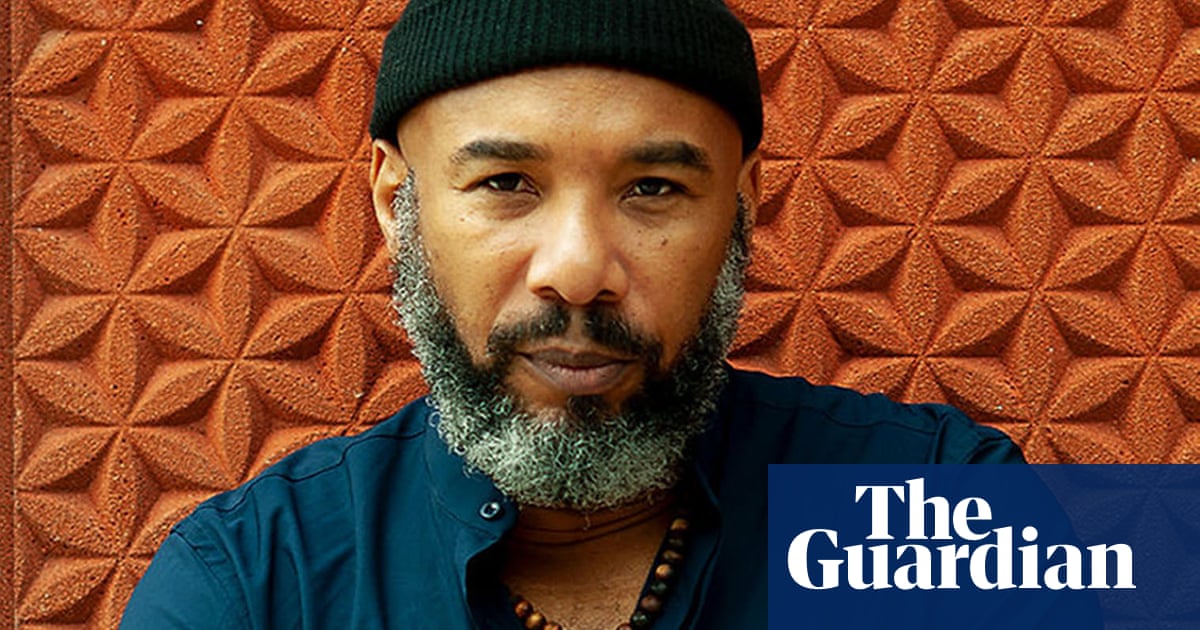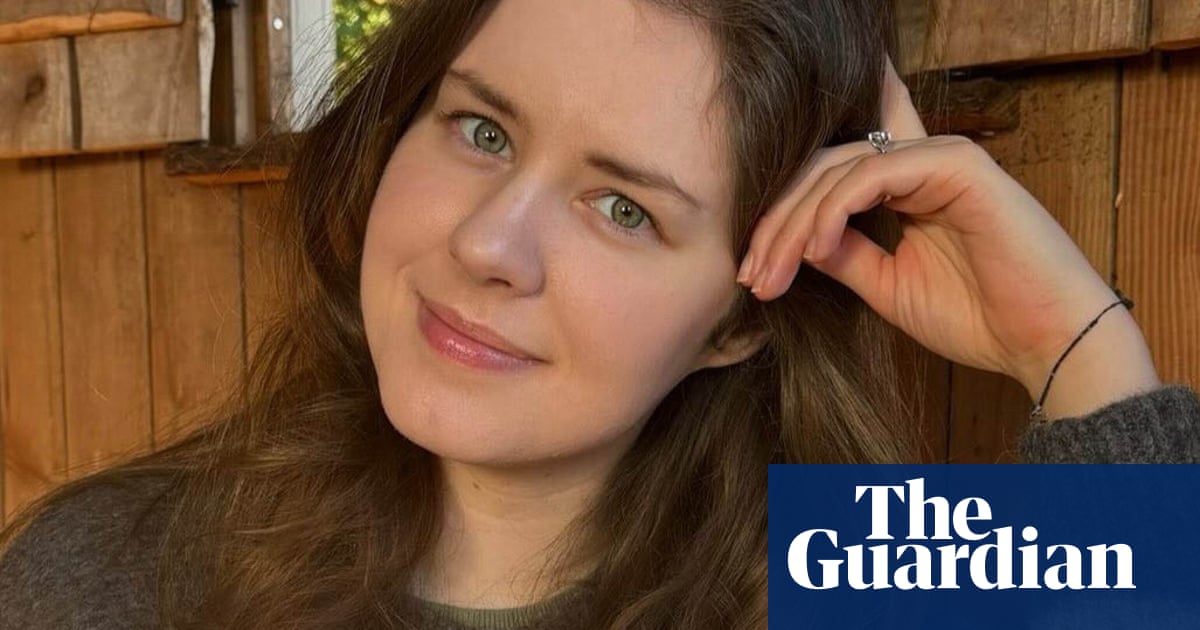
Joelle Taylor has won the TS Eliot poetry prize for her look at butch lesbian counterculture in the 1990s, C+nto & Othered Poems, praised by judges as “a blazing book of rage and light”.
A mix of memoir and conjecture, the collection, Taylor’s fourth, reveals the underground communities forged by women where they could reclaim their bodies as their own. It was announced on Monday night in London that C+nto had beaten collections by major names including Raymond Antrobus, Selima Hill and Michael Symmons Roberts to the £25,000 prize. The TS Eliot award is one of the most prestigious prizes in British poetry and has been won in the past by Ted Hughes, Carol Ann Duffy and, last year, Bhanu Kapil.
“Every book on the shortlist had a strong claim on the award. We found it extremely hard to choose between 10 superb collections,” said chair of judges Glyn Maxwell, who selected the winner along with Caroline Bird and Zaffar Kunial.
“The arguments towards the end were passionate and thoughtful, but the choice of the judging panel is Joelle Taylor’s C+nto and Othered Poems, a blazing book of rage and light, a grand opera of liberation from the shadows of indifference and oppression.”
Maxwell said the winning collection was “pretty autobiographical, about her life as a butch lesbian, and the hostility she suffered as a kid in a conventional family”.
“But then there’s also imaginative renderings of nightlife – of lesbian clubs, some of which are kind of hellish and some of which are heavenly,” he said. “It’s kind of enraged, but it’s this sort of rage which generates light, and it’s a really vivid read – it’s quite something.”
Run by the TS Eliot Foundation, the award is the most valuable prize in British poetry, and the only one judged purely by established poets. Taylor is a former UK slam champion, who founded the UK’s youth slam championships, SLAMbassadors, in 2001.
“Joelle originates in performance,” said Maxwell. “This collection proves that at the top level, there’s very little difference between that, and what’s on the page.”
The collection, Taylor writes in her preface, is a delve into her own personal history, looking at her “exile as a consequence of my sexuality”, as well as an excavation of others’ pasts through interviews and archives.
“It is important that we preserve our history,” she writes. “I interviewed other butch lesbians from that era, and together we began to construct a simple story: exile, friendship, grief, love, courage and threat.”
The collection opens as Taylor imagines Soho and its bars as a museum, behind glass: “Everything, vitrine. / Glass cases line the old roads // materialising beside / cruising grounds & cottages // squats & roughs / fishbowl cenotaphs.”
In O, Maryville, the narrative follows one night in a lesbian bar, revolving the story around four butch lesbians who observe and protect the space, holding their ground even when the bar is demolished. In “the body as battleground”, she writes of how “you fall miss your body entirely land somewhere / in enemy territory behind the lines your body a / foreign country you cannot get a visa for”.
“There is no part of a butch lesbian that is welcome in this world. It was bad when I was a teenager. It is as bad today,” Taylor writes in her preface, revealing that as a young teenager “stepping tentatively out of the closet in the early 1980s”, she was “subjected to constant state-endorsed abuse”.
Today, she says, war is “rag[ing] across social media”, and “we spend more time policing each other than protecting”. C+nto, she says, is intended “both to acknowledge the crimes against the LGBT community and reflect back to a time when we had a greater sense of unity, of self”.
Published by the Westbourne Press, C+nto has been described as “visionary and powerful” by Hollie McNish, and as “one of the most astonishing and original poetry collections of recent years” by Bernardine Evaristo in the New Statesman. Taylor has also published three plays and a collection of short stories, The Night Alphabet.












